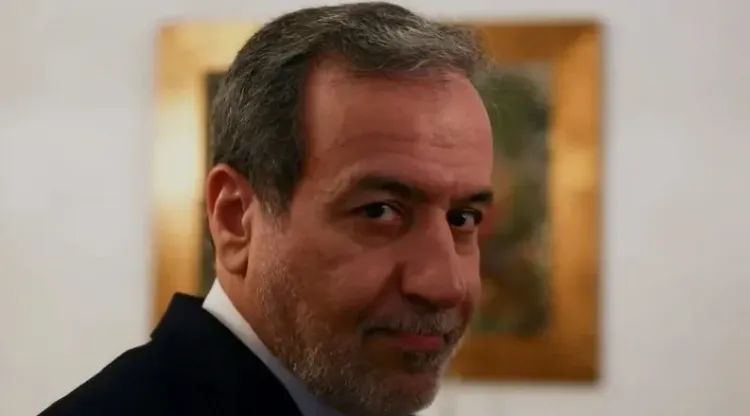Is a Nuclear Deal Possible If the US Wants to Halt Iran's Uranium Enrichment?

Synopsis
Iran's Foreign Minister, Seyed Abbas Araghchi, asserts that no nuclear agreement can be reached if the US demands an end to uranium enrichment. This statement comes as indirect talks loom in Rome, highlighting the ongoing tension and fundamental differences between the two nations on nuclear issues. What lies ahead for these negotiations?
Key Takeaways
- Iran's uranium enrichment remains a contentious issue in negotiations.
- The US demands an end to enrichment, which Iran deems non-negotiable.
- Indirect talks are ongoing, with significant disagreements persisting.
- The 2015 nuclear deal's status is uncertain but not completely defunct.
- Future outcomes hinge on diplomatic engagement and willingness to compromise.
Tehran, May 23 (NationPress) Iranian Foreign Minister Seyed Abbas Araghchi has stated that a nuclear agreement will not be possible if the United States insists on halting Iran's uranium enrichment.
During a live interview on Thursday with IRIB TV, he emphasized the ongoing differences between Iran and the US, particularly as they prepare for the fifth round of indirect nuclear discussions in Rome on Friday.
"There are still significant disagreements between our two nations. The US does not accept uranium enrichment in Iran. If that is their goal, then there will be no agreement," Araghchi remarked in response to recent demands from US officials for Tehran to completely halt its enrichment activities.
"However, if their aim is to ensure that Iran does not pursue nuclear weapons, this can be achieved. We have no intention of seeking nuclear weapons," he added.
Furthermore, Araghchi pointed out that while the nuclear deal made in 2015 with several nations is currently ineffective, it does not imply that the agreement is entirely abandoned. He mentioned that the Joint Comprehensive Plan of Action could still be revitalized, as reported by the Xinhua news agency.
Nonetheless, he reiterated that Iran will not abandon its nuclear program, which includes uranium enrichment.
Since April, Iran and the US have engaged in four rounds of indirect talks regarding Tehran's nuclear initiatives and the lifting of US sanctions.
Recently, US officials have persistently pressed for Iran to cease all uranium enrichment, a demand that Tehran has categorically rejected, labeling the issue as non-negotiable.
Earlier, the White House indicated that President Donald Trump and Israeli Prime Minister Benjamin Netanyahu discussed a potential deal concerning Iran, which the President believes is progressing positively.
As President Trump mentioned, this deal with Iran could conclude in two ways: a positive diplomatic resolution or a negative outcome for Iran. This is why discussions are scheduled for later this week, as stated by Leavitt.
In 2018, during his first term, President Trump withdrew the United States from the 2015 nuclear agreement established between Iran and six world powers.
The Trump administration subsequently implemented a strategy of maximum pressure to force Iran into renegotiating for a more favorable deal. However, this approach did not succeed in bringing Iran back to the table before the end of his first term.
Now, after returning to office, Trump is striving to establish a new agreement and has warned Iran that a failure to engage constructively could lead to military repercussions.









